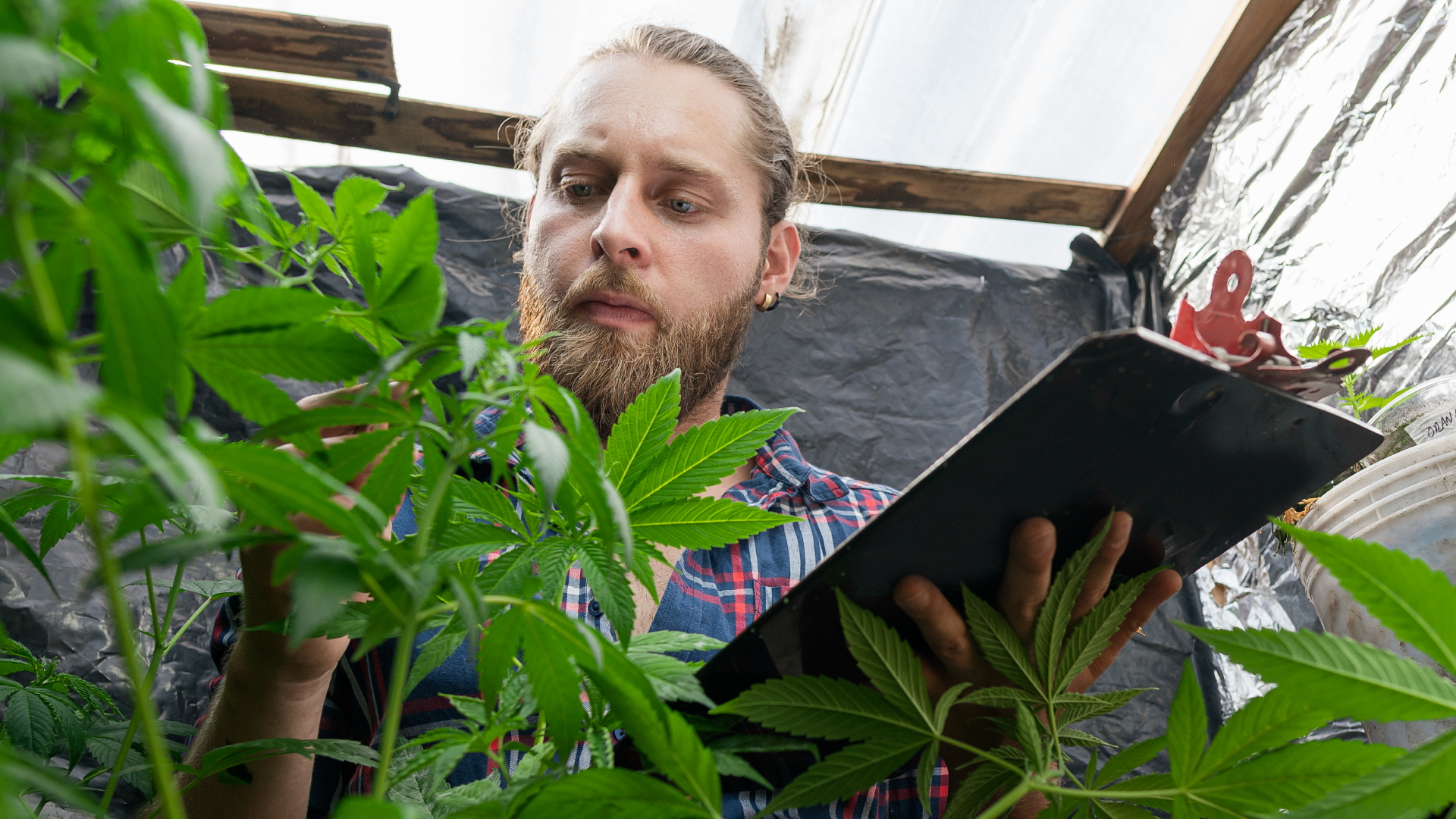Consumable products containing hemp-derived cannabinoids are increasingly popular, especially in the beverage market. With THC-infused beverages alone expected to be a $4 billion industry by 2025, it’s hard to comprehend just how quickly this industry has grown since President Trump signed the 2018 Farm Bill legalizing industrial hemp.
Despite astronomical growth and obvious popularity, state legislatures struggle to regulate hemp-derived cannabinoids. While legislatures endeavor to make decisions about consumable hemp and litigators challenge each new regulation, state health departments are increasingly using emergency rule-making authority to issue regulations regarding these products. By reviewing the emergency rule on hemp recently issued in Louisiana, we’ll learn how it is that state health departments have become important actors in regulating hemp.
The Legality of THC Derived From Industrial Hemp
Hemp is a specific type of the cannabis sativa plant that contains 0.3% or less tetrahydrocannabinol (THC). The plant has a number of consumable and industrial applications. The 2018 Farm Bill separated hemp and its extracts from high-THC marijuana that’s legal in some states. This distinction effectively legalized industrial hemp.
Manufacturers of hemp-derived cannabinoid consumables extract cannabidiol (CBD) from hemp and convert it to other intoxicating cannabinoids like Delta-8 THC. These hemp-derived cannabinoids are then added to products like seltzers, edibles, and gummies. These products have been sold in what many considered to be a legal “gray area,” but are now becoming more and more regulated.
Regulating Hemp-Derived Cannabinoids
Hemp, like cannabis, is subject to a patchwork of regulations characterized by federal legality issues and varied state approaches. On the federal level, the 2018 Farm Bill works in concert with the United States Department of Agriculture (USDA)’s U.S. Domestic Hemp Production Program, which establishes requirements for hemp cultivation and testing. The Drug Enforcement Administration (DEA) also issues requirements affecting which labs can conduct hemp testing.
On the state level, a variety of regulations and approaches abound. Some states have attempted to ban or curtail the sale of hemp-derived cannabinoids, specifically in consumable products. In other states, legislative deadlock or inaction has opened an opportunity for state departments of health to issue so-called “emergency rules.” Some advocates view this development as anti-democratic, as regulations are not being issued by elected officials with a vested interest in serving their constituents.
Emergency Hemp Regulations in Action: Louisiana As An Example
Louisiana issued an Emergency Rule affecting hemp that went into effect on May 2, 2025. The 27-page rule significantly altered the existing hemp industry in Louisiana, with notable rule changes to consumable hemp regulations, including:
- The Rule requires each “separate and distinct consumable hemp product” to be registered within 90 days of the effective date of the Rule and re-registered annually.
- The potency limit was lowered from 8 mg to 5 mg of THC per serving.
- Hemp beverages must have a serving size of 12 fluid ounces or greater. A serving cannot contain more than 5 mg of THC, a container cannot contain more than one serving, a container must be tamper-evident, and a package may not contain more than 4 containers.
- Hemp tinctures must be oil-based and have a serving size of 1 mL. A serving must contain 1 mg of THC or less, and containers must not exceed 30 mL, have a precise dropper, and have child-resistant packaging.
- Other consumables must not include more than 5 mg of THC per serving with each serving as a distinct unit. Their packages must contain no more than 40 mg of THC and have child-resistant packaging.
Despite the significance of these changes, Louisiana’s legislature was not the body that made them. How can that happen?
Louisiana grants the Louisiana Department of Health the authority to adopt Emergency Rules under La. R.S. 40:4(A)(13) and La. R.S. 3:1483(L). Emergency rules have to be issued "for the protection of public health." This standard has historically been interpreted broadly. Many states have similar allowances for their health departments.
How Can Businesses Prepare to Comply With Emergency Hemp Rules?
In a business where emergency rules requiring less notice than typical legislation are becoming more common, how can businesses stay nimble enough to adapt to changing regulations?
- Read the news. Find industry-specific publications and content creators who share up-to-date coverage on hemp regulations, and follow closely. This is often the quickest way of knowing that rule changes are coming.
- Be an advocate. Getting involved in your local and state government can give your business an advantage. Working for the change you want to see in your industry will help you stay current with changing legislation.
- Hire a fractional general counsel. Fractional general counsel can, for less than the cost of an in-house lawyer, help you track developments in your industry and develop a plan to comply with, or challenge, emergency rules.
The Right Lawyer Helps Your Business Stay in Compliance
Emergency rules and regulations can feel like they arise out of nowhere. The right lawyer can help you build community and stakeholder relationships, monitor trends and legislative developments, and prepare to face regulatory challenges. At Rudick Law Group, we use our compliance expertise and cultivated contacts to keep your business ready to respond to changing rules. Schedule a consultation to get started.



.webp)
